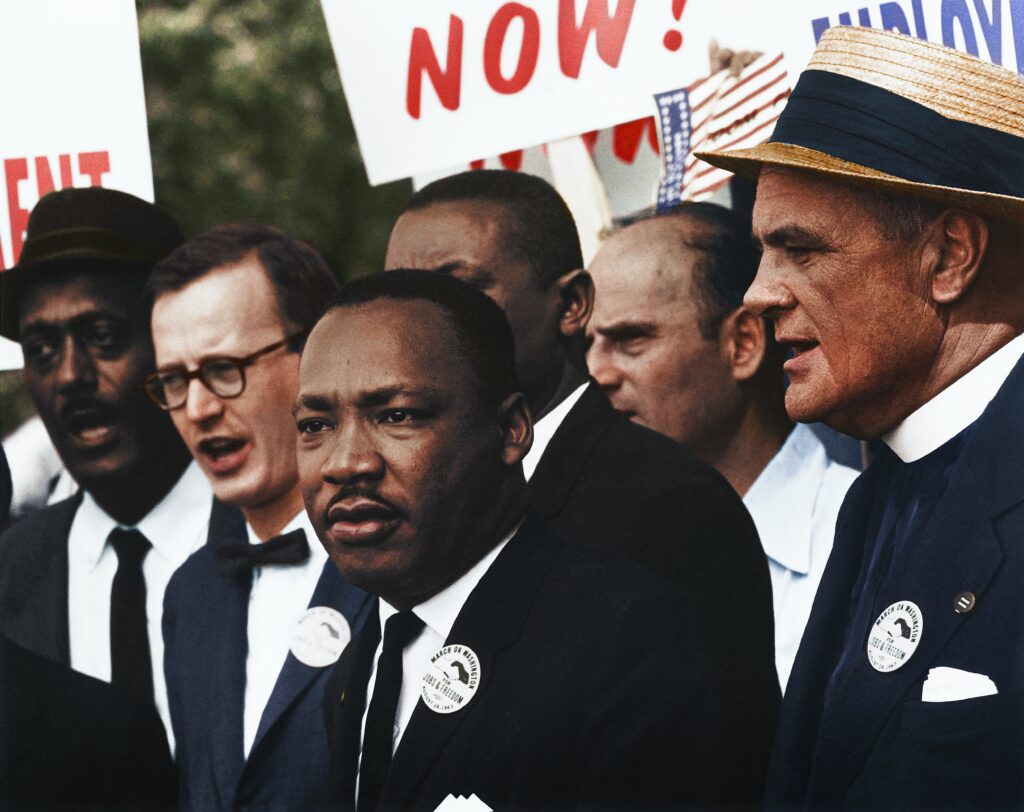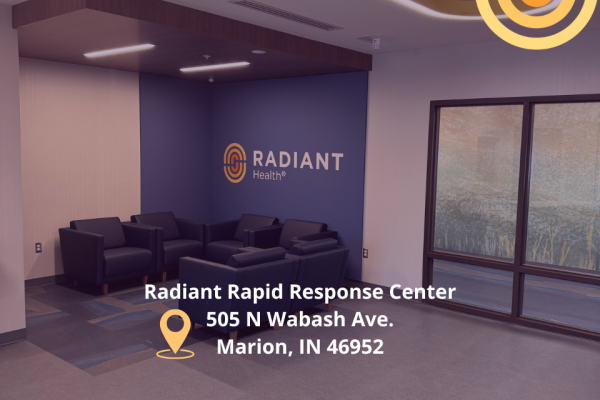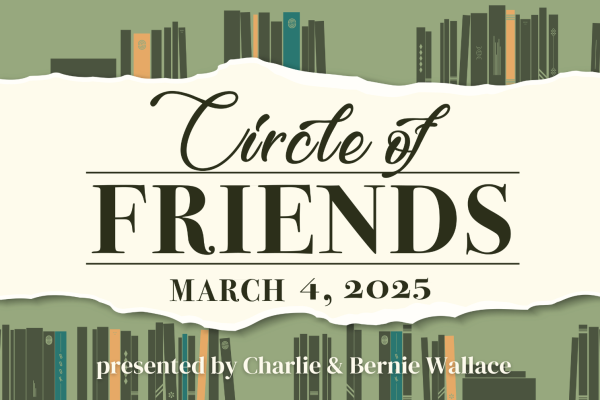In late March 1968, Martin Luther King was in Memphis, TN. He was leading a campaign of local sanitation workers for better wages and working conditions.

King and Kennedy 1968
On the 28th, the march led by King had devolved into violence. The strike was languishing due to a climate of intense racism. King and fellow organizers were hoping to provide a much-needed boost to the cause and reaffirm his nonviolent commitment. King commented that “the nation is sick, trouble is in the land.” On the night of April 3rd, King would give his last speech. Meeting in a packed hall, he would make a prophetic pronouncement.
“I have seen the promised land. I may not get there with you, but I want you to know that we, as a people, will get to the promised land, and so I’m happy tonight. I am not worried about anything. I am not fearing any man my eyes have seen the glory of the coming of the Lord.”
Robert Kennedy announced his candidacy for president of the United States on March 16th, 1968. March 28th of that year, he flew to Indianapolis to file as a candidate in the may Indiana primary. On April 4th, he had scheduled two speaking events in Indiana, one at Notre Dame and another at Ball State University in Muncie.
As an enthusiastic volunteer for the Kennedy campaign, I had worked registering voters in a neighborhood widely regarded as Muncie’s ghetto. Working in teams, we went house to house, registering voters, a new experience for a young man from a small town.
I soon discovered that introducing myself as being from the Kennedy campaign opened doors for me. People would send me to the next houses by calling neighbors from porches. Once inside, I noticed that often there would be a velvet painting of Jesus, John F. Kennedy, and Martin Luther King on the wall. The conversation soon left politics and turned to life stories of struggle to maintain livelihood and respect in a segregated city. Many of the people that were home were older women. Many would show us a picture of a son or daughter who had graduated from college after great struggles against discrimination. There were also photos of young men in uniform, some with Purple Heart Medals displayed beside them.
I saw the faces of the struggle that Martin Luther King was leading. I heard the story first hand.
I attended the April 4th appearance of Robert Kennedy in the Ball State Fieldhouse. He used the speech on the campaign, but it spoke directly to listeners’ hearts of duty, service, and commitment to a better world based upon peace and justice. Speaking to a crowd of over 9000 in the Ball State arena, Kennedy quoted Sophocles in saying,
“We must examine how we can help the millions of our fellow citizens who lead lives of hopelessness and poverty, where day follows day with death the only goal, what joy is there in the day that follows day with death the only goal?’
While Kennedy was speaking in Muncie, the assassination of Martin Luther King was taking place in Memphis. Kennedy was informed on his plane headed to Indianapolis. He delivered a short speech to an audience primarily made up of grieving African Americans. He spoke in part of his audience’s pain and the pain he had experienced due to his brother’s loss.
Quoting the Greek poet Aeschylus he continued, “In our sleep, pain which cannot forget falls drop by drop upon the heart until, in our despair, against our will, comes wisdom through the awful grace of God.”
Perhaps from the pain of Martin Luther King, Robert Kennedy, and that of the many thousands gone will come wisdom.







